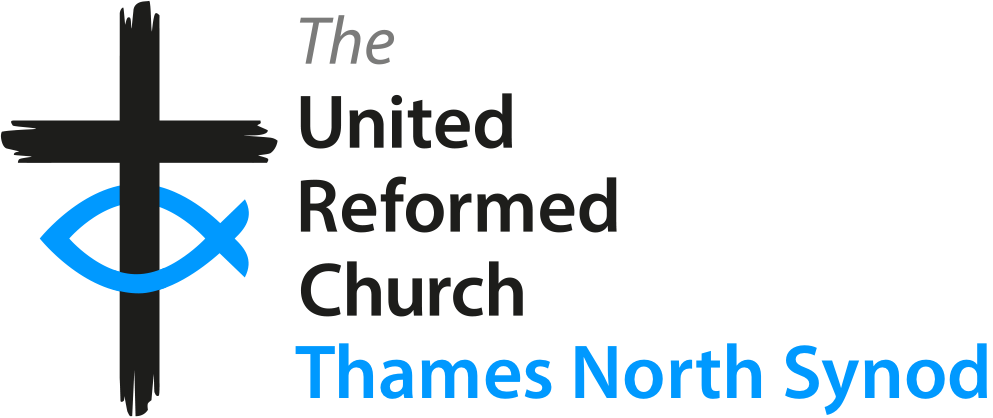Safeguarding
-
How we protect and support children, young people, and vulnerable adults across our churches.
-
Reporting a Safeguarding Concern
If you’re worried about someone’s safety, find out how to report your concerns clearly and confidentially.
-
Safeguarding Training & Events
Stay up to date with training opportunities to help you and your church create a safer environment.
-
Learn to recognise the signs of specific safeguarding issues, including different types of abuse, exploitation, and vulnerability.
-
Understanding the signs of domestic abuse and how to respond.
-
Information on how to recognise and report grooming and exploitation.
-
Guidance on identifying and dealing with issues of financial abuse.
-
Advice to follow in the event of honour-based abuse or forced marriage.
-
Managing Risks & Safeguarding Agreements
The formal process for managing individuals who may pose a risk to others within the church community.
-
Coping with the experience of losing someone important to us.
-
Financial Hardship & Homelessness
Understanding vulnerability and finding sources of help.
-
IICSA (Independent Inquiry into Child Sexual Abuse)
The findings from the Independent Inquiry into Child Sexual Abuse.
-
-
Safeguarding Policies & Guidance
Essential policies and best practice guidance for keeping people safe in our churches.
-
The official Safeguarding Policy for Children and Adults for the Thames North Synod.
-
Guidance on the safeguarding responsibilities and duties of Elders as charity trustees.
-
Safer Recruitment and Volunteers
The principles and procedures for ensuring only suitable people work with children and adults at risk.
-
Best practices for safe online communication and ministry.
-
Activities in Private Dwellings
Guidance on assessing and managing the unique risks of holding church activities in private homes.
-
-
Safeguarding Resources & Forms
Download essential safeguarding forms, templates and printable materials for use in your church.
-
Get in touch with our Safeguarding Officers for confidential advice, support, or reporting.
-
Online Safety Guidance
Best practices for safe online communication and ministry.
The Importance of Online Safety
In an age where technology is an integral part of church life, it is vital to be aware of the risks that online spaces can present. While digital platforms are a valuable tool for connection and ministry, they can also be exploited by those who seek to groom or harm others. Our guidance is designed to help our staff, volunteers, and community members engage online in a way that is both effective and safe.
Guidelines for Church Staff and Volunteers
When communicating online as part of your church role, you must:
- Adhere at all times to the principles of the Synod's safeguarding policy and your local church's safe working practices.
- Use official church or organisational email addresses for all communications. Avoid using personal social media accounts to engage with the church community.
- Conduct risk assessments on any online platforms (e.g., Zoom, social media groups) before using them for meetings, especially where confidential information may be discussed.
- Review and follow the lone working policy to ensure guidance is in place to mitigate the risks of unavoidable one-to-one online contact.
Guidance for Parents and Carers
It can be challenging for parents and carers to keep children safe when they are online. We encourage you to learn about the risks of inappropriate content and online abuse and to talk openly with your children about these dangers. The NSPCC runs a free advice line for parents with questions about online safety on 0808 800 5002.
The URC provides a model 'Church Online Safety Policy' (P3), which you can find on our Safeguarding Resources & Forms page. For direct support on reporting online abuse, please see our Safeguarding Contacts page.
